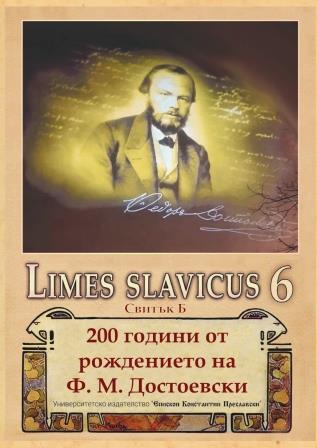Достоевски, „черната вълна“ и центробежните сили на 60-те в югославското общество
Dostoevsky, the Black wave, and the centrifugal forces of the „1960”s in the Yugoslav society
Author(s): Nataliya NyagolovaSubject(s): Language and Literature Studies, Fine Arts / Performing Arts, Studies of Literature, Film / Cinema / Cinematography
Published by: Шуменски университет »Епископ Константин Преславски«
Keywords: film adaptation; Black Wave; Yugoslavia; reception; Real Socialism
Summary/Abstract: The objective of this work is to trace the receptive mechanisms in assimilating Dostoevsky’s work in the Yugoslav film movement the Black Wave during the 1960’s. The processes in this period’s specific political and socio-cultural context have been taken into consideration – the legislative and ideological actions taken by the authorities in order to ensure control and economic growth, which led to ambiguous results; the first forms of resistance, shown mainly by the Yugoslav intellectuals; the influence of the international situation on the processes in the country. The analysis is focused on two works of the Yugoslav Black Wave – the films The Enemy(1965) by ŽivojinPavlović and It Rains in My Village (1968) by Aleksandar Petrović, both of which interpret Dostoevsky’s texts in the poetics of the film movement.
Journal: Limes Slavicus
- Issue Year: 2/2021
- Issue No: 6
- Page Range: 206-218
- Page Count: 13
- Language: Bulgarian

